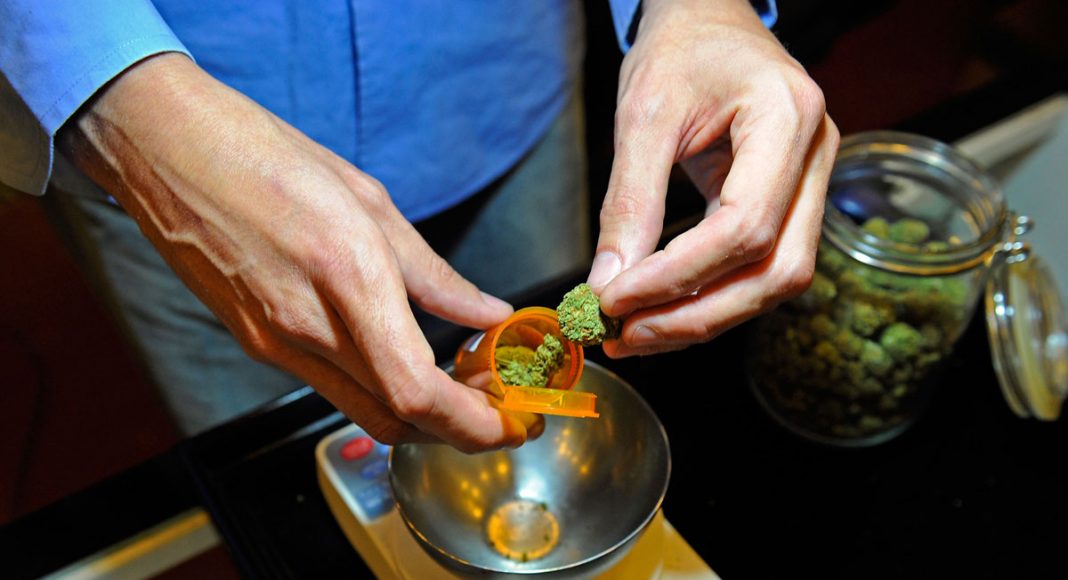Bureaucratic red tape in Texas is putting a chokehold on patient access, just one year into the state’s medical marijuana program. The Compassionate Use Act is considered the strictest medical marijuana program in the nation, with low-THC oil offered only to patients suffering from intractable epilepsy. Of the estimated 150,000 people the medicine could help, only 574 patients have been issued prescriptions, according to the San Antonio Express-News. That means only 0.004% of possible patients have received the medicine under current law.
The problems stem from the system designed by conservative lawmakers. Patients need approval from two doctors to qualify for the medicine. With fewer than 50 doctors registered to participate in the program, and none of those doctors located in West Texas or the Rio Grande Valley, access for rural patients has proven quite burdensome.
Another issue relates to doctors. Texas law stipulates that doctors must specifically prescribe patients the medicine instead of merely recommending it, which is language used in other states with legal medical marijuana programs. This provides certain protections for doctors, who might otherwise be uncomfortable prescribing medical cannabis.
“As we move forward, changing that language, I’m sure we are going to see the number of physicians grow exponentially and very quickly,” said Heather Fazio, with the Texas Marijuana Policy Project, told the Express-News.
Texas lawmakers have made concerted efforts to expand the program moving into the new year. Multiple bills have been filed for the upcoming legislative session in 2019, including one that will decriminalize cannabis in Texas, while another will significantly expand patient access to medical marijuana by adding more qualifying conditions.
Perhaps the biggest issue for patients, however, is cost. Because health insurance won’t cover the prescription, patients must pay out of pocket. According to one cannabis producer in the state, a monthly supply of the oil costs patients around $380.


